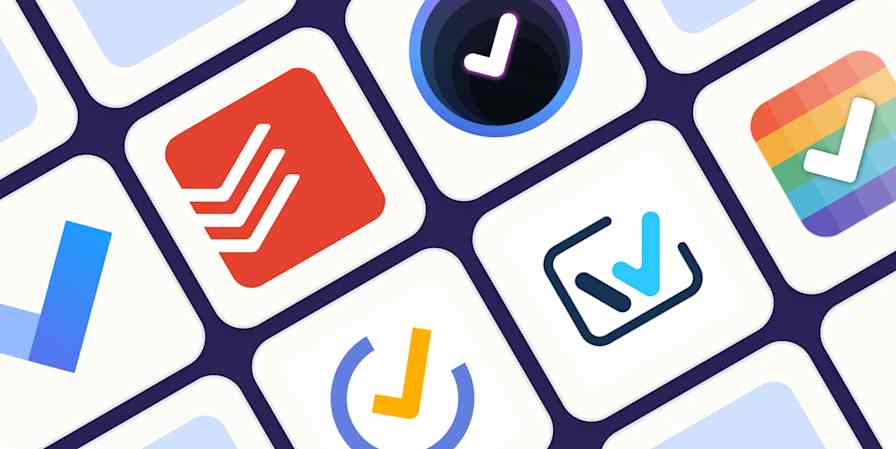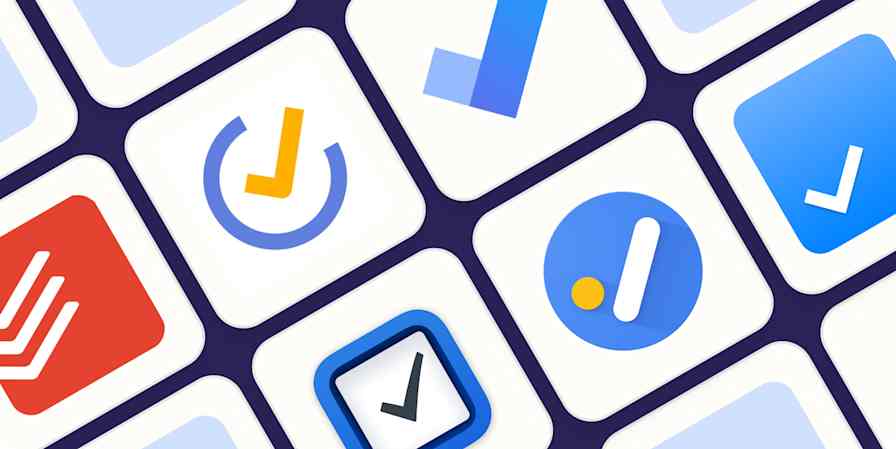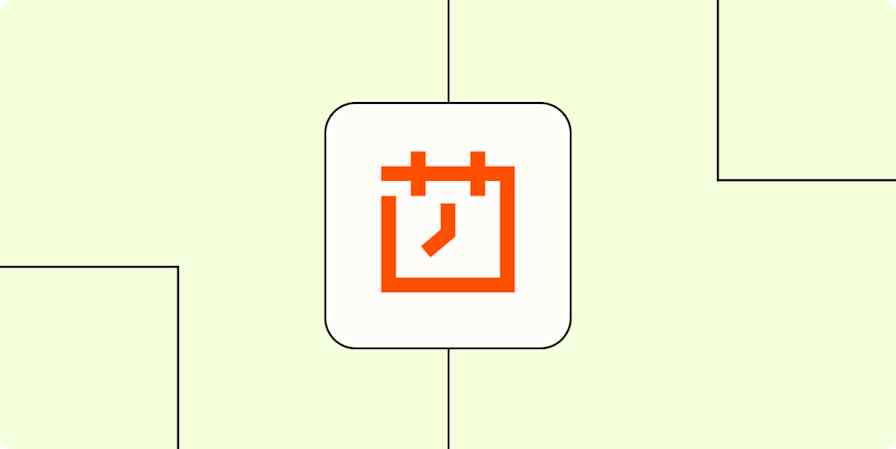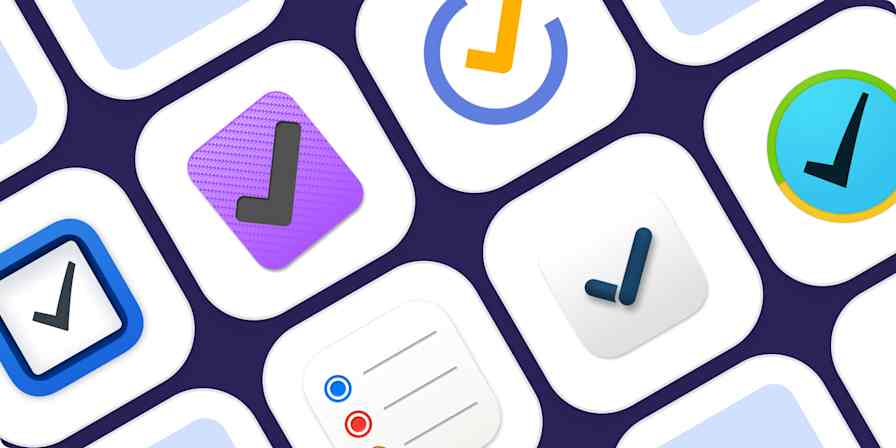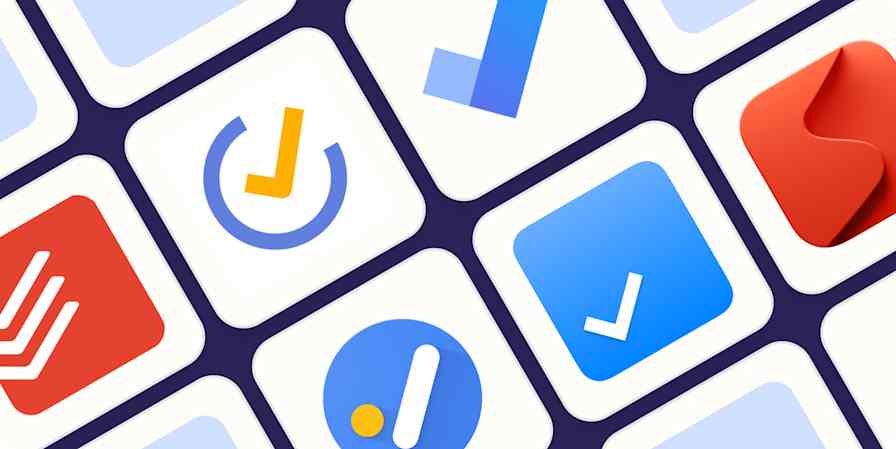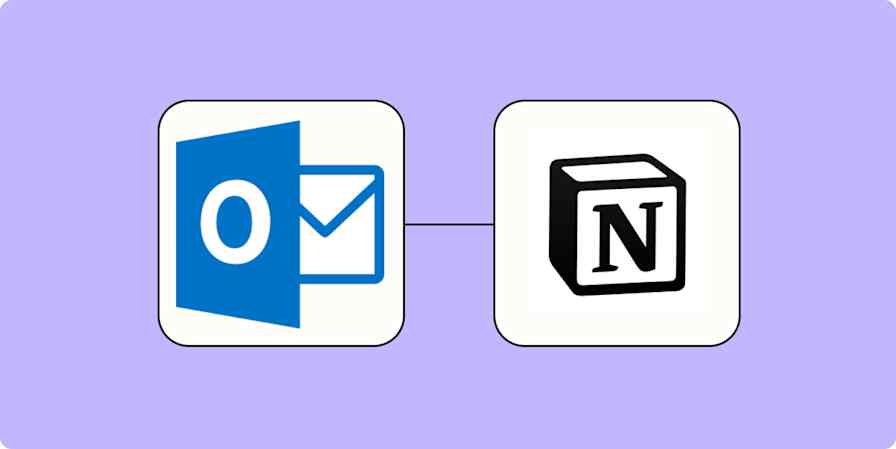Best apps
8 min readGetting Things Done®: The 10 Best Apps for GTD®
By Jill Duffy · August 13, 2018

Get productivity tips delivered straight to your inbox
We’ll email you 1-3 times per week—and never share your information.
Related articles
Improve your productivity automatically. Use Zapier to get your apps working together.



